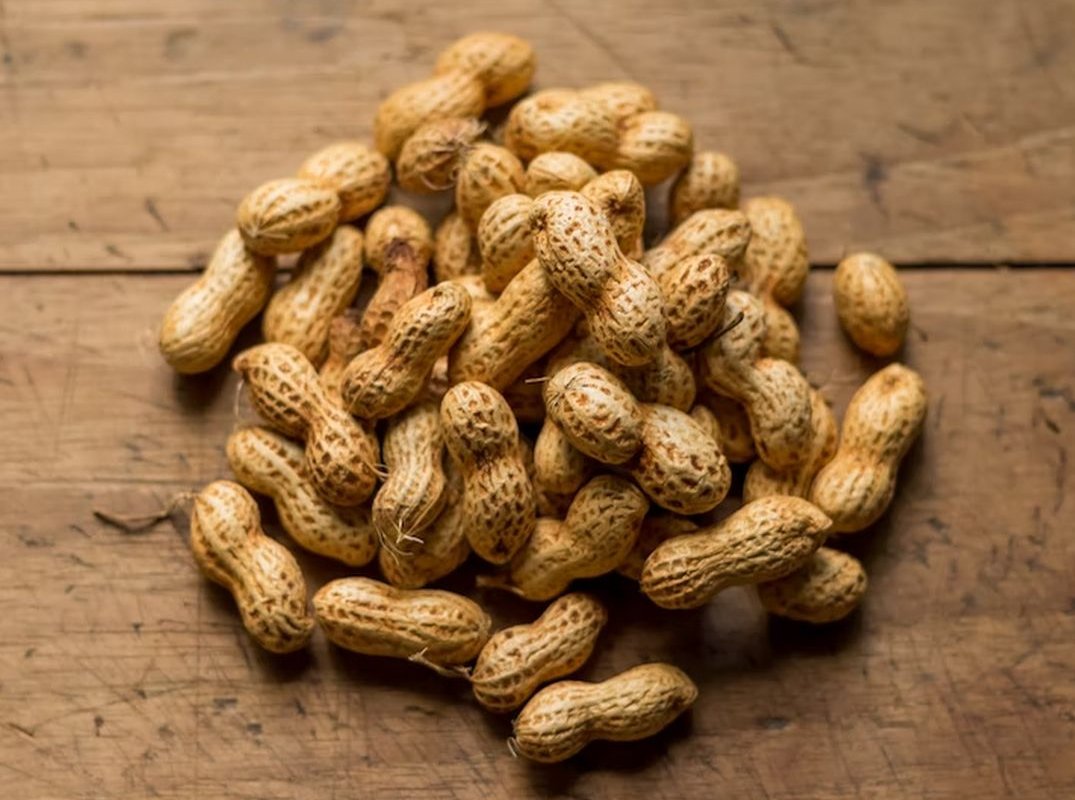
Doctors say that eating foods rich in magnesium can improve the body's processing of glucose.
With diabetes, the main problem is too high a level of sugar or glucose in the blood, which, in turn, increases the risk of developing various pathologies, including heart disease and kidney failure. Therefore, it is important for diabetics to know what helps to control blood sugar levels and prevent them from spikes.
Therapist Svetlana Nikitina noted in an interview with MndikForum that certain products can help with this. According to the specialist, certain trace elements have a positive effect on the sensitivity of cells to the hormone insulin, thereby improving the natural control of blood sugar.
One of these trace elements is magnesium.
Insulin is a hormone produced by the pancreas. In the body, it plays the role of a sugar deliverer to the cells: thanks to insulin, the sugar that enters the bloodstream after a meal is distributed to the cells of the body and used to generate energy. When cells do not respond to insulin (which usually occurs in type 2 diabetes), blood sugar levels rise dramatically.
Protein diet does not improve insulin sensitivity
According to Svetlana Nikitina, available research data suggests that magnesium improves insulin sensitivity and glucose utilization by cells, and helps reduce inflammation associated with hyperglycemia.
Exercise does not improve muscle sensitivity to insulin in everyone
“Studies have shown that magnesium has a positive effect on the activity of insulin receptors and insulin sensitivity in type 2 diabetes.”
The doctor advised to include foods rich in this substance in the diet for this purpose.
- Pumpkin Seeds
- Chia Seeds
- Almonds
- Spinach
- Cashew
- Peanuts
- Soy milk
- Black beans
- Dark chocolate and cocoa.
Earlier, the portal MedikForum.ru wrote about when the use of flaxseed oils can harm the body.
Important! Information provided for reference purposes. Ask a specialist about contraindications and side effects and under no circumstances self-medicate. At the first sign of illness, consult a doctor.
